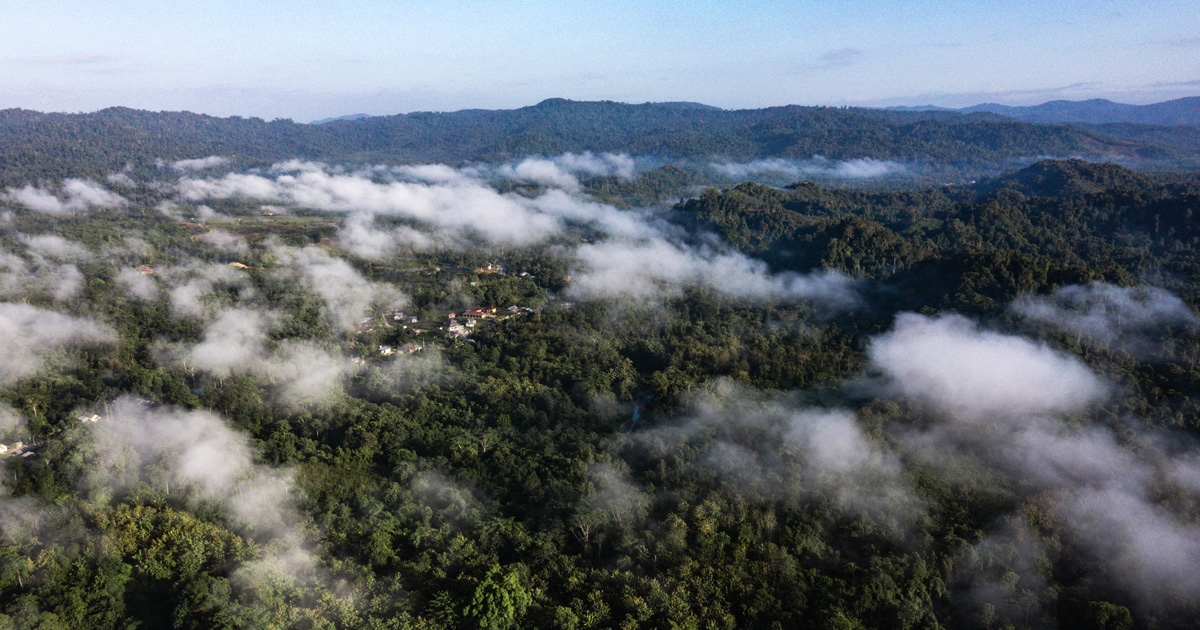Wild tree resources are known to play an important role in local stakeholders' livelihoods particularly in the food and nutrition security of people living in semi-arid sub-Saharan Africa. Based on a comprehensive review of the literature, this article examines the relative importance of the contributions of tree resources to food and nutrition security for rural households, while considering alternative causal pathways. The main conclusions of the review are that most studies provide useful evidence on specific contributions of tree products to food and nutritional security, and for whom. However, detailed data on the actual contribution of tree products are still lacking. In addition, we argue that the concept of access as a pillar of food security is not sophisticated enough to understand the landscape dynamics and the socio-economic relations at the nexus of food security and rights of access. Links are needed to better understand the underlying processes in the definition of each stakeholder's rights of access to tree resources in a context of rapidly changing landscapes, and how income generated by tree resources contributes to food and nutrition security. An approach to food security based on rights of access would advance our understanding of their use and tackle the root causes of food deficiency based on different social groups. In light of current patterns of access to tree food for different stakeholders, including women and children, an intersectional approach that accounts for age, gender, ethnicity and wealth would benefit food security research by a more targeted and discerning approach to existing rights of access and to the roles of different community members.
Download:
DOI:
https://doi.org/10.1505/146554820828671490
Altmetric score:
Dimensions Citation Count:

Publication year
2020
Authors
Koffi, C.K.; Lourme-Ruiz, A.; Djoudi, H.; Bouquet, E.; Dury, S.; Gautier, D.
Language
English
Keywords
trees, forest resources, food security, nutrition
Geographic
Zimbabwe, Malawi, Tanzania, Kenya, Burkina Faso, Cameroon, Benin, Namibia, Ethiopia























